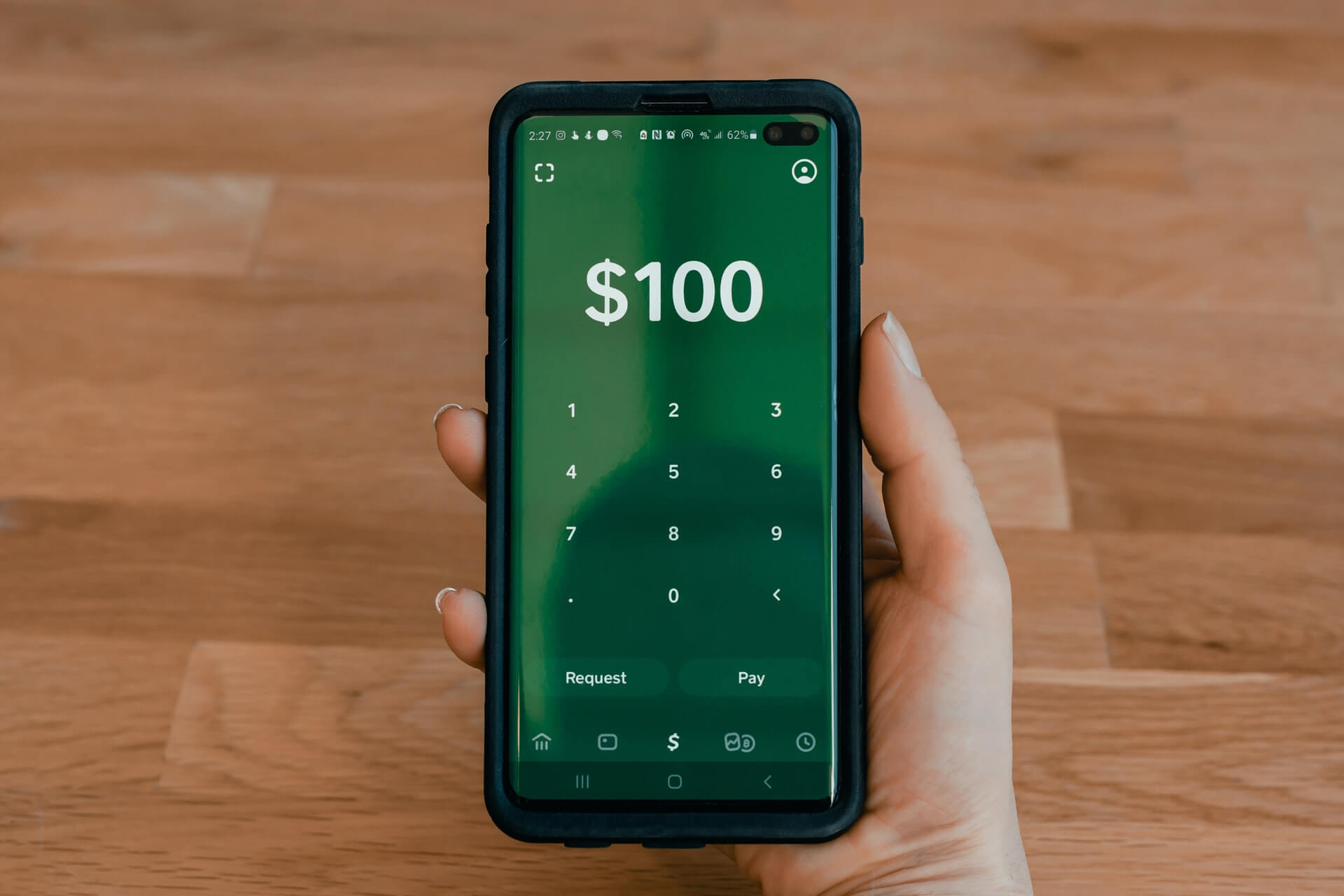Three Rules To Follow When Sending Money Online
Scams are only becoming more common these days, and sometimes it can feel like there is just no way to get away from them. Whether you get an email that seems legitimate but turns out to be just another way to get you to part with your hard-earned money or are buying a product online that never arrives, scammers are working overtime. It’s essential to be aware of the dangers lurking when sending money or buying products online.
Thankfully, with vigilance and the right strategies for protecting yourself, you can ensure that you do not fall victim to any financial scams online.
Scam Detectors Most Trusted Websites in Online Security
- Guard.io (100): Surf the web safely. Clean up your browser, remove maliscious extensions and check for privacy violations.
- Incogni.com (100): Delete your personal data from the internet and protect against scams and identity theft.
- ExpressVPN (100) Stay secure and anonymous online - Best VPN Out There
Here are three golden rules that you should apply when you are about to send money online.

1. Use Trusted Money Transfer Options
This first rule might sound like a broken record, but it's because the fault happens more and more every day – especially with the plethora of overnight ‘money transfer' platforms, especially during the pandemic.
That said, if you send money to somebody you know, it’s always best to use a trusted and secure money transfer service such as the Ria Money Transfer app. This is especially true if you send money internationally, where it may be harder to recover any funds you lose if you are scammed.
Always ensure you verify the authenticity of the person to whom you are sending money, and don’t click on any links to send money in text messages or emails. Instead, a trusted money transfer service allows you to verify the situation with the person requesting funds and get the information you need from them to make the transfer.
2. Beware of Phishing Scams
Phishing scams are becoming more and more sophisticated. They could take on the form of somebody asking for money in a way that makes it look like you will send cash to somebody you know and trust.
Recently, there has been an increase in scammers getting information about friends and family members. They use this to communicate with a person to fool them into thinking that they are being asked to lend money to somebody they know.
If anybody asks you to send money to them, even if you know them, it’s best to check this over the phone or in person before sending any funds.
3. Avoid Public Wi-Fi
Public Wi-Fi networks in supermarkets, train stations, and airports can be a convenient way to get online without using your mobile data. However, it is important to be wary when using these networks as they are often not very well protected and can be easy to hack into.
Because of this, if you are going to be making a money transfer, logging into a banking app or using any other kind of online financial services, it’s best to use your mobile data or have a VPN installed and active on your device beforehand if you are connected to public Wi-Fi.
Without taking these precautions, it could be all too easy for hackers to intercept your connection, get access to your financial accounts, and scam you out of money.
With more and more money transfers being made online, being aware of common scams and knowing how to protect yourself from them is essential.
If you feel a money transfer website might be suspicious, feel free to verify it using our unique Scam Detector website validator below:
Verify a website below
Are you just about to make a purchase online? See if the website is legit with our validator:
vldtr®

How To Report a Financial Scammer
Let your family and friends know about these online money transfer tips on your social media. You can also officially report crooks and any other suspicious activity to the Federal Trade Commission using this link:
How To Protect Yourself More
If you want to be the first to find out the most notorious scams on a regular basis from now on, feel free to subscribe to the Scam Detector newsletter here. You'll receive periodic emails – we promise not to spam.
Meanwhile, educate yourself about other financial scams right under this paragraph, so that you know how to stay safe online. Last but not least, use the comments section below to expose other criminals.
Top 3 Warning Signs of Debt Consolidation Scams
4 Tips For Sending Confidential InFormation Safely
Verify a website below
Are you just about to make a purchase online? See if the website is legit with our validator:
vldtr®


TOP 4 MUST-WATCH FRAUD PREVENTION VIDEOS
1. Top 5 Amazon Scams in 2024 2. Top 5 PayPal Scams in 2024 3. How To Spot a Scam Email in 2024
- Latest Posts by Selma Hrynchuk
-
How To Stop Robocalls
- -
Taking Control of Your Data Privacy: Protecting Yourself in 2024
- -
The Urgency of Removing Personal Information from the Internet
- All Posts














Anyone ever deal with fgibn.com? Is it real?
Did anyone ever do business with http://www.cryalscourtmanagement.com in the UK
I believe I have been a victim of scams. I just want to gain do.e knowledge. Thank you.
How do you find scammers with an address out of the country?